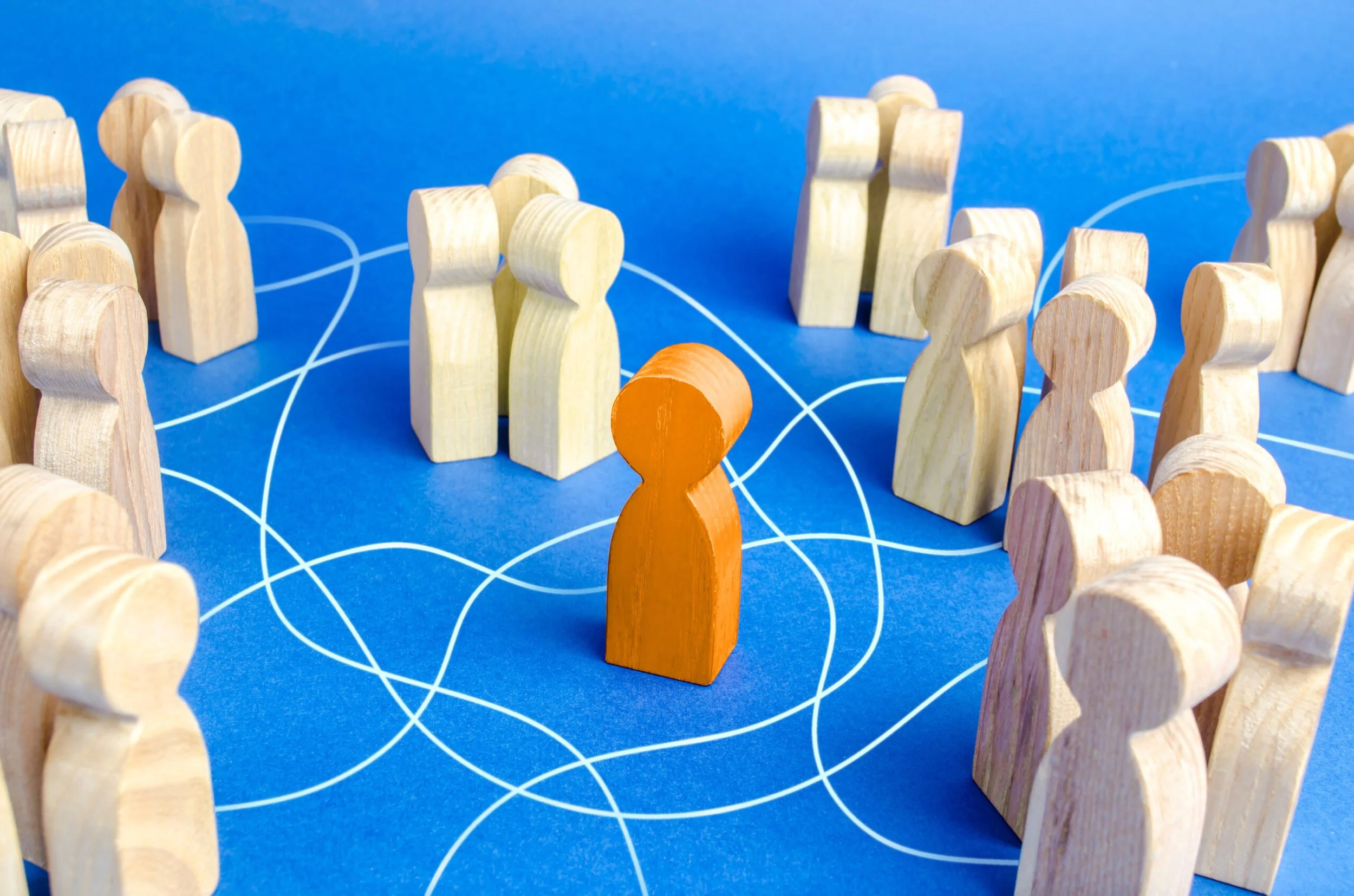
Attack problems, not people!
We fight hate, manipulation, and dangerous speech before they ignite into violence.
Our stories break the cycle of blame that blocks real solutions.
We use research-based entertainment to build awareness and action that can’t wait.
With over 20 years of impact, we know changing the story can change the outcome.
Musekeweya: Healing Through Storytelling
For over 20 years, Musekeweya (New Dawn) has been more than a radio drama for Rwandans. It has been a beacon of hope, reconciliation, and healing. In the aftermath of the 1994 genocide, Musekeweya became a bridge between divided communities, helping millions to process their trauma and rebuild trust. It became a template for all our later entertainment-education soap operas.
Media 4 Dialogue (M4D)
M4D is a peace building and lifeline radio project across the border regions in Rwanda, Burundi, the DRC and Uganda, designed to reduce antagonisms between these country’s populations, with a special focus on supporting the increasing flow of refugees in this region. Each week, our production team produces 13+ programs across different platforms, along with grassroots activities, as well as facilitating lobbying efforts with local authorities. This sizeable project involves entertainment education and factual reporting to counter stereotypes, hate speech and identity manipulation, - a crucial activity amid the current ongoing war in Eastern DRC in which all neighbouring countries are involved.
Horns of Justice: gaming against extremism
For the GAMER project we’ve developed an online game to counter rising extremism in Europe by reaching young adults in the digital spaces where radicalisation often spreads. Instead of preaching, the game encourages critical thinking and emotional awareness through familiar gameplay. It helps players recognize manipulation and promotes active bystandership, turning entertainment into a tool against hate and division.
Shedding LIGHT on unconscious bias
Unconscious biases fuel discrimination, shaping young people’s actions and fostering invisible racism. It is therefore crucial for youth to recognize these biases in order to combat discrimination.
Together with our European partners, we created the LIGHT project to:
Develop youth work tools to shed light on these phenomena.
Enhance the capacity of youth workers to address these issues effectively.
Promote anti-bias literacy and trade union values.
Empower young people to recognise, challenge and respond to prejudice.
We don’t just raise awareness—we build resilience.
Our work is rooted in psychology: we study what makes people vulnerable to fear-based manipulation. Based on that we design emotionally engaging, culturally rooted soap operas and campaigns that teach people how to recognise dangerous rhetoric, support one another, and push back before violence breaks out.
How We Work: Psychology, Stories & Social Change
Over the past 20+ years, Radio La Benevolencija has gained international recognition in conflict prevention through our media work countering the psychology of polarisation. By understanding how fear, distrust, and propaganda fuel division, we have developed tools that promote empathy and critical thinking. Today, we apply these lessons across diverse contexts in Africa and Europe, helping people resist manipulation, counter hate speech, and strengthen social cohesion.
Application Across Contexts
Our impact
“Greetings to all of you, dedicated educators. I am Goreth Uwimbabazi from Nyagatare District. I lost my parents during the genocide against the Tutsi and learned about those who played a role in my family’s killing. These individuals later pleaded guilty, served their sentences, and sought my forgiveness upon returning home from prison. At first, I refused to forgive them. However, a guardian who looked after me encouraged me to listen to Musekeweya. Through Musekeweya lessons, I found the strength to forgive. Today, we live peacefully together, and I owe this transformation to Musekeweya. I am sincerely grateful for the invaluable lessons you continually provide. Thank you for helping me move from darkness into light.”
Goreth Uwimbabazi, Musekeweya listener
In over 20 years of work, Radio La Benevolencija has…
Shifted Social Norms: RLB’s radio dramas reduced prejudice. Listeners have been found to be significantly more open-minded towards people from other groups.
Empowered Citizens: Listeners were more likely to speak up against authority and express disagreement, fostering active citizenship and challenging blind obedience.
Encouraged Reconciliation: Audiences became more open to hearing other perspectives, attending reconciliation events, and discussing sensitive topics like trauma and the past.
Regional Adaptability: RLB succesfully expanded across regions, reaching 70-90% of its intended target audiences, effectively addressing hate speech and supporting peacebuilding efforts.
Proven Lasting Impact: RLB consistently measured behavioral and attitudinal shifts, including reduced scapegoating and greater trust across divides.
Amplified Through a Multitude of Platforms: Radio La Benevolencija uses a cross-platform approach, blending journalism, video gaming, social media, and local engagement to tackle hate speech and polarisation more powerfully and sustainably.
“My name is Diane Uwimpuhwe from Kamonyi District. Musekeweya has been like a mother to me, especially because of its role in my marriage. The story of Gasore and Shantali's love particularly touched me as I started listening to Musekeweya when their love was deep, and I followed along as they faced many trials. Later, I entered into a relationship that also had numerous challenges, but I never gave up until we eventually got married. I thought the battle was over, but even after marriage, challenges persisted as my in-laws despised me. Despite this, I remained patient, drawing the courage from Gasore and Shantali's bravery. Now, I am a mother of four children, living peacefully with my husband and in-laws, thanks to the inspiration from Gasore and Shantali. Long live Musekeweya!”
Diane Uwimpuhwe, Musekeweya listener





